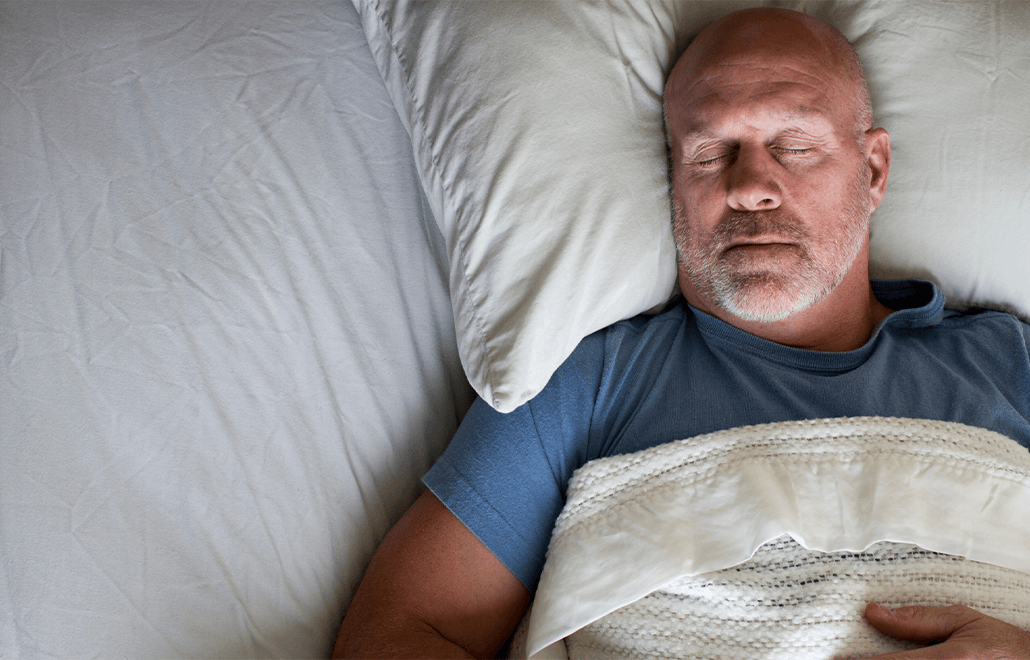
12 Mar The Link Between Low Testosterone And Sleep Disorders
Are you tossing and turning at night, struggling to catch those elusive Z’s? Or perhaps you find yourself waking up feeling fatigued, despite a full night’s sleep? If so, you’re not alone. Sleep disorders affect millions of men worldwide, disrupting their quality of life and leaving them feeling exhausted and frustrated. But what if there’s a hidden culprit behind your sleep struggles? Enter low testosterone, a hormonal imbalance that could be sabotaging your sleep cycle without you even realizing it.
At LT Men’s Clinic, we’re dedicated to uncovering the root causes of men’s health issues, including sleep disorders. In this blog post, we’ll explore the fascinating connection between low testosterone and sleep disturbances, shedding light on how this hormonal imbalance could be affecting your rest and what you can do about it.
The Importance of Quality Sleep
Before we dive into the link between low testosterone and sleep disorders, let’s take a moment to emphasize the importance of quality sleep. Sleep plays a crucial role in our overall health and well-being, impacting everything from cognitive function and mood to immune function and cardiovascular health. Without adequate sleep, our bodies and minds simply can’t function at their best.
Common Sleep Disorders in Men
There are several types of sleep disorders that men may experience, including:
- Insomnia: Difficulty falling asleep or staying asleep throughout the night.
- Sleep Apnea: A condition characterized by pauses in breathing during sleep, often accompanied by snoring and daytime fatigue.
- Restless Leg Syndrome (RLS): An uncomfortable sensation in the legs that triggers an irresistible urge to move them, disrupting sleep.
- Shift Work Sleep Disorder: Sleep disturbances caused by working irregular or night shifts, throwing off the body’s natural sleep-wake cycle.
The Link Between Low Testosterone and Sleep Disorders
So, where does low testosterone fit into the picture? Emerging research suggests that there’s a bidirectional relationship between low testosterone levels and sleep disturbances. In other words, not only can low testosterone contribute to sleep problems, but poor sleep quality can also lower testosterone levels, creating a vicious cycle.
Testosterone plays a crucial role in regulating the sleep-wake cycle, influencing the timing and duration of sleep stages. When testosterone levels are low, it can disrupt this delicate balance, leading to insomnia, sleep fragmentation, and other sleep-related issues. Additionally, low testosterone has been linked to conditions such as sleep apnea and RLS, further exacerbating sleep disturbances.
Furthermore, inadequate sleep can negatively impact testosterone production, creating a feedback loop where low testosterone leads to poor sleep, which in turn lowers testosterone levels even further. This cycle can have far-reaching consequences for men’s health, affecting energy levels, mood, libido, and overall quality of life.
What You Can Do
If you suspect that low testosterone may be contributing to your sleep problems, it’s essential to seek professional guidance from a men’s health specialist. At LT Men’s Clinic, our team of experts is here to help you uncover the underlying causes of your sleep disturbances and develop a personalized treatment plan to address them.
Treatment options for low testosterone and sleep disorders may include hormone replacement therapy, lifestyle modifications, and sleep hygiene practices. By restoring hormonal balance and optimizing sleep quality, we can help you reclaim restful nights and wake up feeling refreshed and revitalized.
Don’t let sleep problems stand in the way of your health and happiness. Contact LT Men’s Clinic today to schedule a consultation and take the first step towards better sleep and overall well-being. Your journey to restorative sleep starts here.
